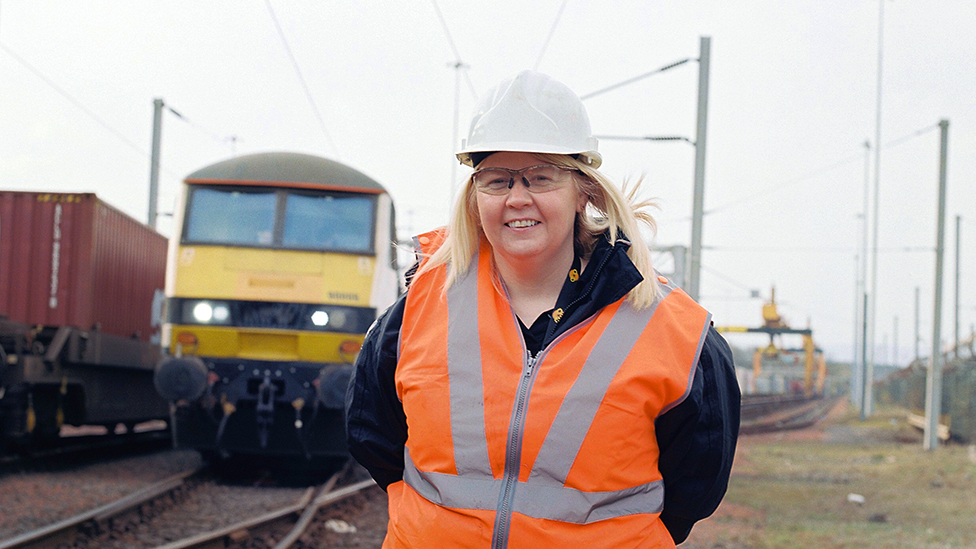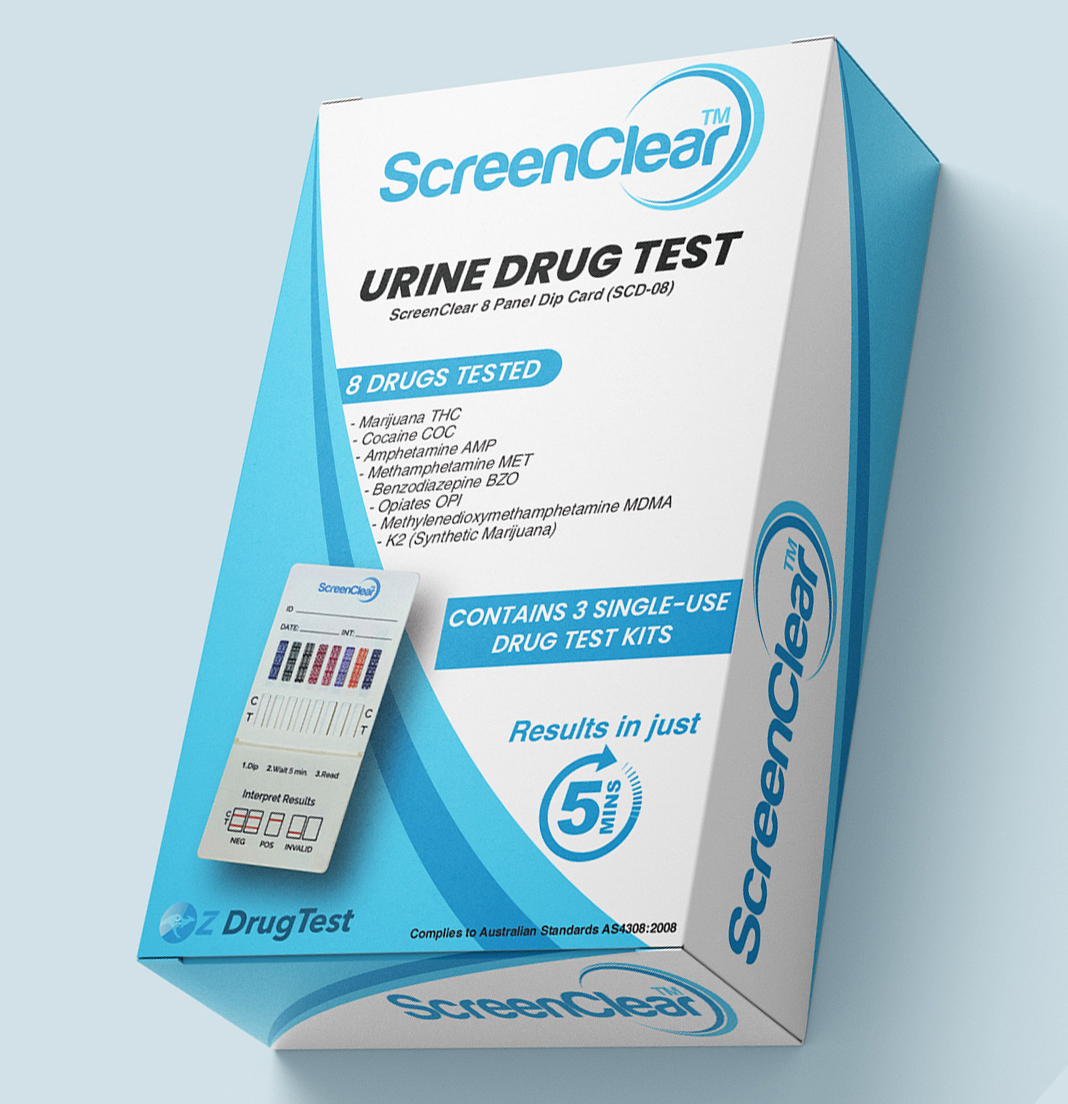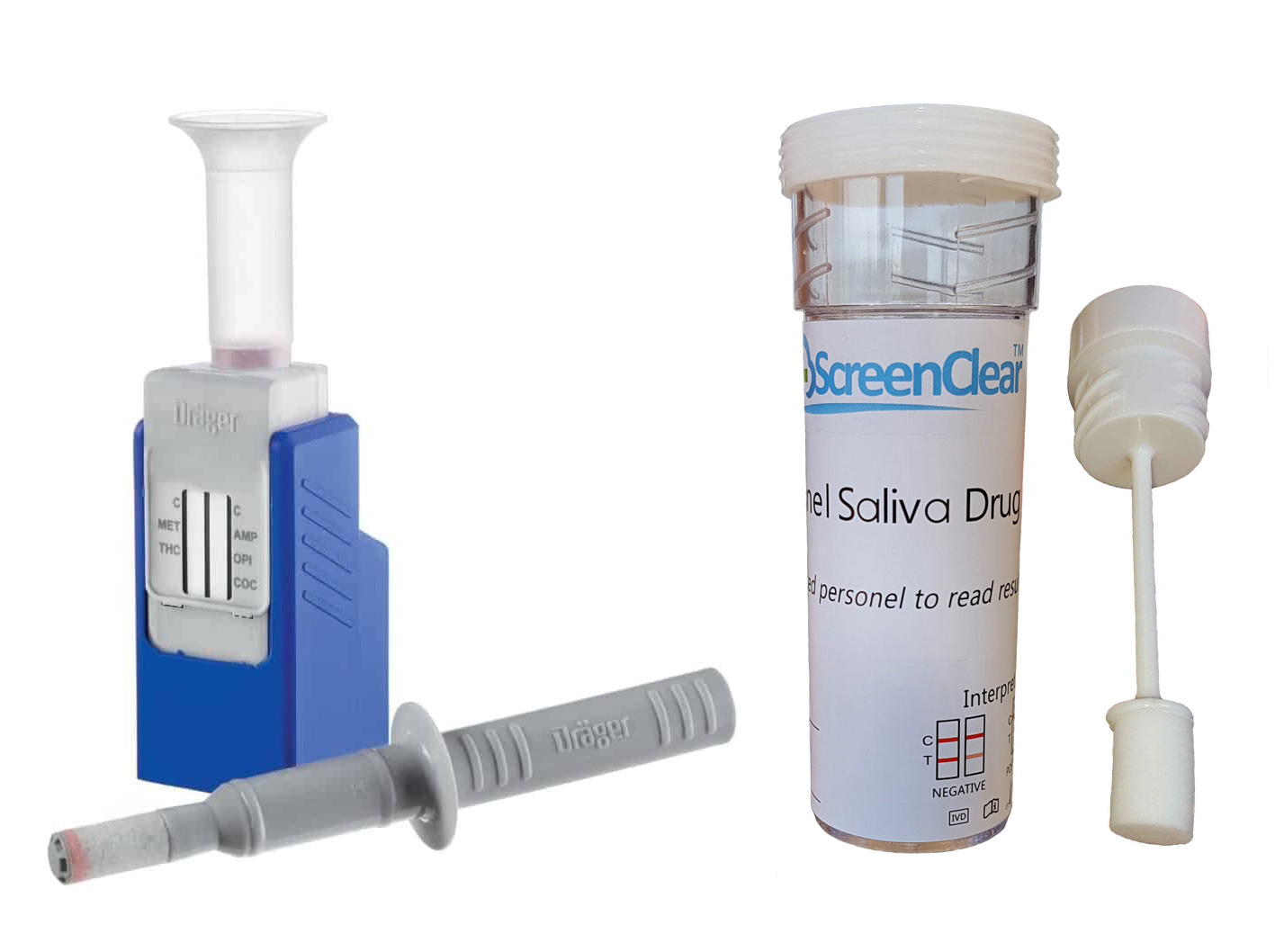
Drug Testing Questions and Answers
What does a drug test test for?
In Australia we have standards most companies choose to go by. There are two main ways to test for drugs…. And they are urine and saliva. Here are the two standards and what they require to test for,
Urine AS4308
THC (marijanua)
Amphetamines (Speed)
Methamphetamine (Ice)
Opiates (pain killers)
Benzodiazepines (Valium)
Saliva AS4760
Opiates
Amphetamines
THC (maijuane)
Cocaine
These are standards where companies (who drug test their own staff), and workplace drug testing companies need to adhere to. In saying that, some companies choose to test for more drugs like MDMA (ecstasy), K2 (synthetic marijuana), alcohol, etc. Most pre-employment medicals these days are likely to test for alcohol in urine as well as the 6 mandatory drugs.
On the road in Australia the police check saliva for Cannabis, Opiates, Cocaine, Amphetamines, and Methamphetamines.

How long does it take for drugs to get out of your system?
Here is a list of drugs and the time they take to be excreted.
Urine
Cocaine 2-4 days
Cannabis 5-30 days
Methamphetamine 2-3 days
Amphetamine 2-3 days
Opiates 2-4 days
Benzodiazepines 3-7 days
Saliva
Cocaine 12 hours
Cannabis 12 -36 hours
Methamphetamine 12 hours
Amphetamine 12 hours
Opiates 6-12 hours
Benzodiazepines 6 hours
These numbers are subject to a lot of variables from person to person. How quick a drug tends to leave your system depends on many factors such as how fit the person is (usually the more fit, the higher metabolism), how overweight a person is, age, how long they have been using, etc.
Do you need to be certified to be a drug tester in Australia?
Yes. Drug testing qualification is needed for workplace drug and alcohol testers. If a result is challenged, they need to know that everything was performed correctly and to the standard.
Courses are provided with knowledge and skills to be able to undertake the specimen collection process when testing for drugs in the Australian Standard. Training includes legislation and best practice around workplace drug and alcohol testing, the collection of breath, oral and urine fluid samples and the confirmation testing and chain of custody process. Includes a thorough practical component with current industry exposed trainers, assessors and clinicians. Get accredited here




